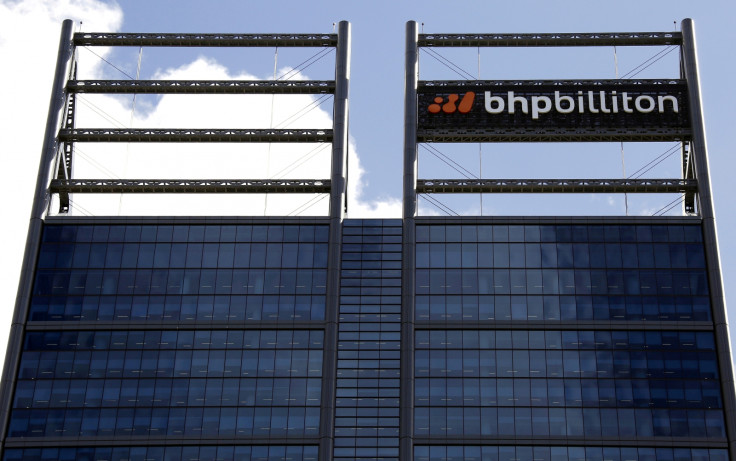BHP Billiton swings to annual profit and unveils plans to sell US shale business
Anglo-Australian giant was forced to book a $7.2bn writedown in shale operations last year.

Mining giant BHP Billiton has unveiled plans to sell its US shale operations, after pressure from investors to get rid of the business took its toll on the board.
Shareholder Elliott Management, which owns 5% of the company's London-listed shares, has actively campaigned since April for BHP to offload its shale assets in the US and the FTSE 100 company confirmed on Tuesday (22 August) that it was "actively pursuing options to exit".
The group added there were a number of parties interested in the assets, which BHP has now deemed "non-core". However, group chief executive Andrew Mackenzie stopped short of disclosing the price the company would ask for its assets.
The move comes after BHP rejected calls from the activist fund earlier this year to end to its 16-year-old dual listing in London and Sydney and the spin-off off its US petroleum business, accounting for 30% of profits in 2016.
Elliott, which has a 4.1% stake in BHP's London listing, wants the Anglo-Australian miner to move to a more tax-efficient structure and make bigger returns to shareholders, arguing it has underperformed peers by around 20% over the last two years.
BHP's $20bn (£15.6bn) venture in the shale business began at the peak of the fracking boom in 2011, but outgoing chairman Jac Nasser recently admitted the move was a mistake.
The slump in oil prices that has rocked the commodities market in recent years also dealt a hefty blow to the business, which was forced to book a $7.2bn writedown 12 months ago.
"We welcome this as a step in the right direction given our belief that oil is not a natural fit for the BHP portfolio," Paul Gait, analyst at Bernstein.
The announcement comes as the Anglo-Australian giant swung to an annual pre-tax profit of $10.3bn, compared with a $8bn loss last year, while revenue climbed to $38.2bn from $30.9bn.
In 2016, the world's largest miner's balance sheet had been heavily affected by one-off charges and lower commodity prices and by the compensation costs related to the collapse of a dam it partly owns in the Brazilian state of Minas Gerais in November 2015.
Higher commodity prices helped BHP to reduce its debts by $10bn down to $16.3bn and the group will pay a final dividend of 88 cents per share, slightly below analysts' expectations.
"Our relentless focus on cash flow, capital discipline and value creation should allow us to significantly increase our return on capital by the 2022 financial year," said Mackenzie.
Nasser, who will be replaced as chairman by Ken Mackenzie on 1 September, added: "Over the last five years, we have laid the foundations to significantly improve our return on capital and grow long-term shareholder value."
© Copyright IBTimes 2024. All rights reserved.























